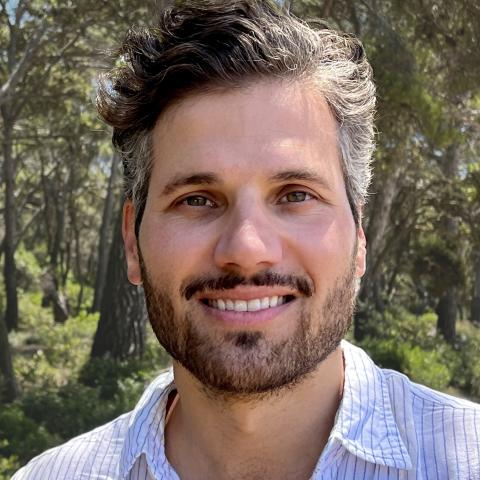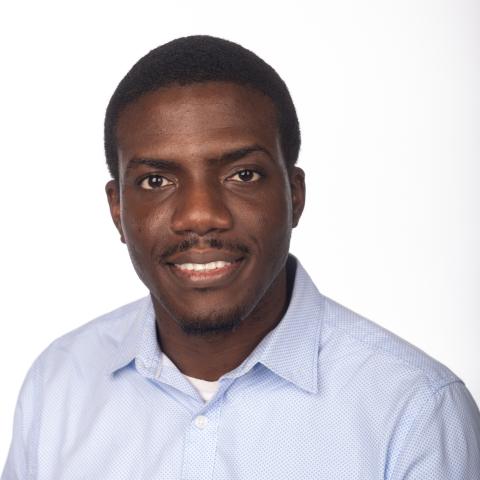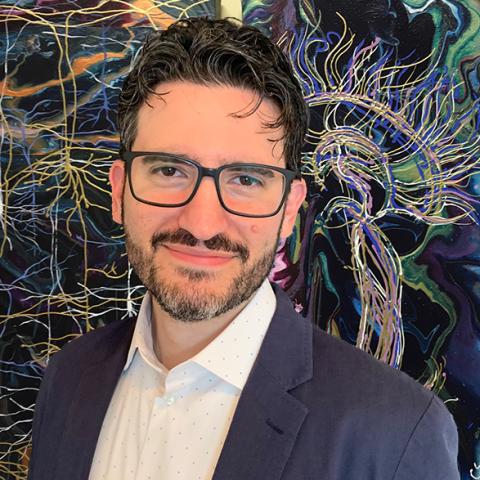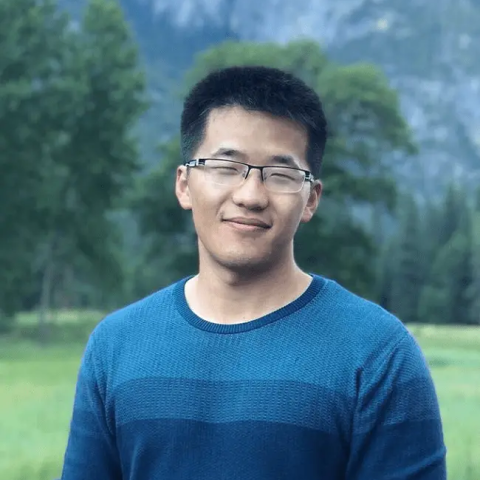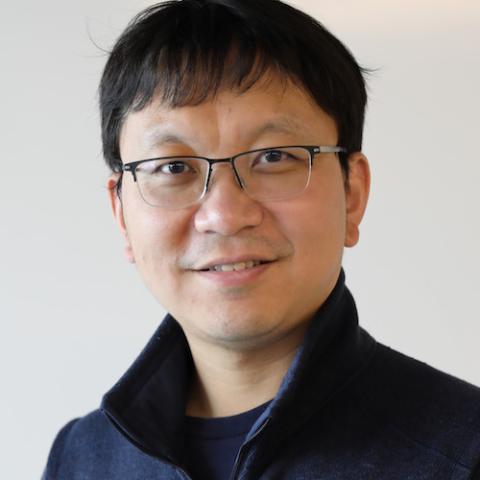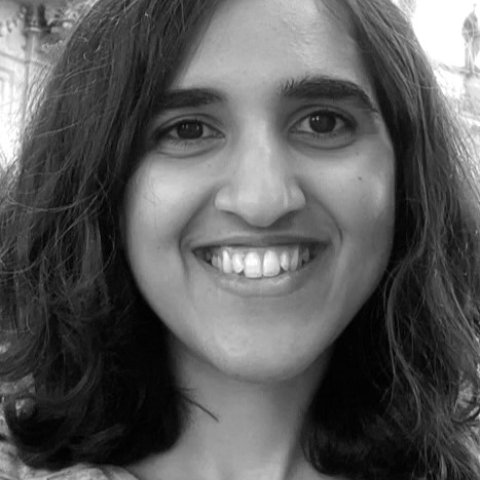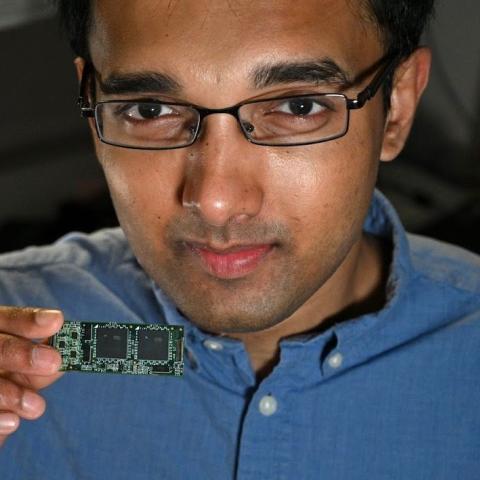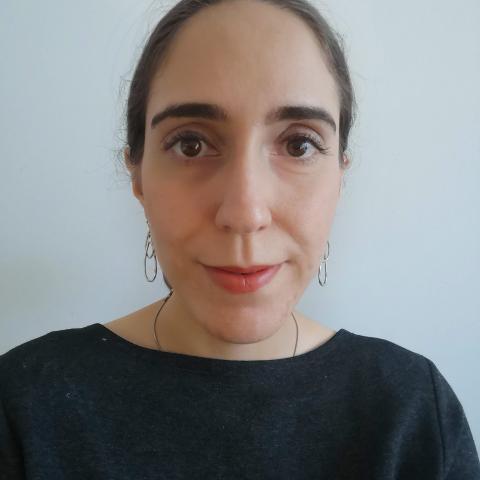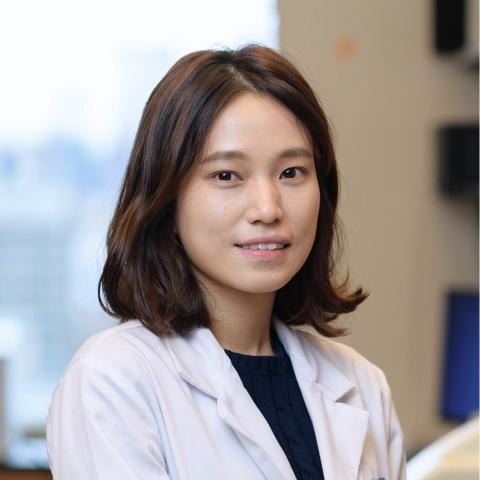Nisha Chandramoorthy is an assistant professor in the School of Computational Science and Engineering at Georgia Tech. Her research involves mathematical analyses and development of rigorous computational methods for better understanding and engineering nonlinear, possibly chaotic, dynamical systems. Some themes from her research are statistical response to perturbations, probability measure transport and high-dimensional Bayesian inference, and generalization of learning algorithms. These are motivated by fundamental scientific questions about nonlinearity as well as computational problems surrounding nonlinear systems. Both aims feed each other to improve our collective understanding of complex nonlinear processes, including in systems biology, climate studies and machine learning.
Prior to joining Georgia Tech, Nisha was a postdoctoral researcher at the Institute for Data, Systems and Society at MIT. She received her Ph.D. and master’s degrees from MIT in 2021 and 2016 respectively, and her bachelor’s degree from Indian Institute of Technology, Roorkee, in 2014.
Office
Rm:S1323, 756 W Peachtree St NW, Atlanta, GA 30308
Additional Research
Dynamical systems and ergodic theoryComputational statisticsComputational dynamics


